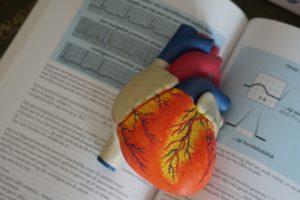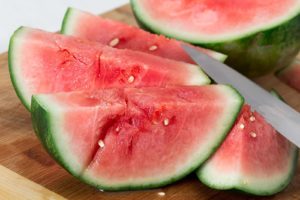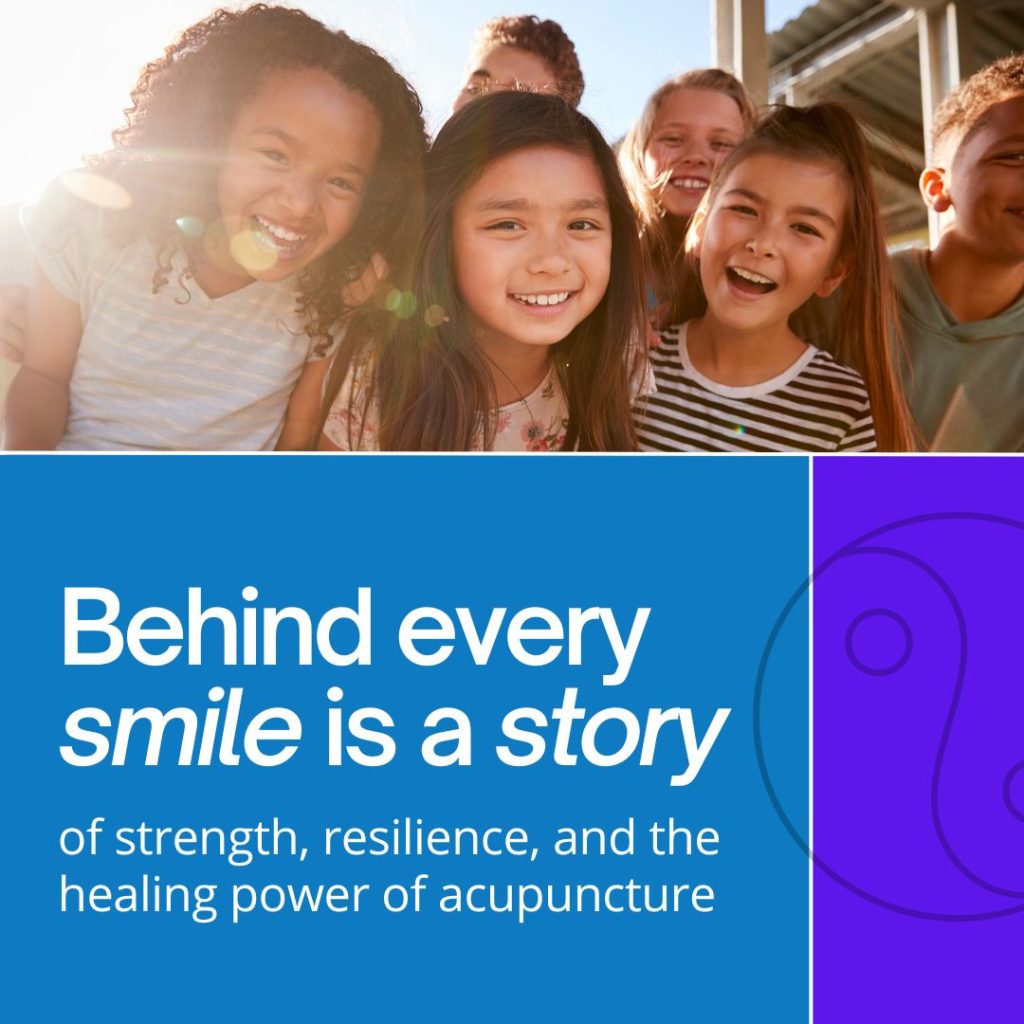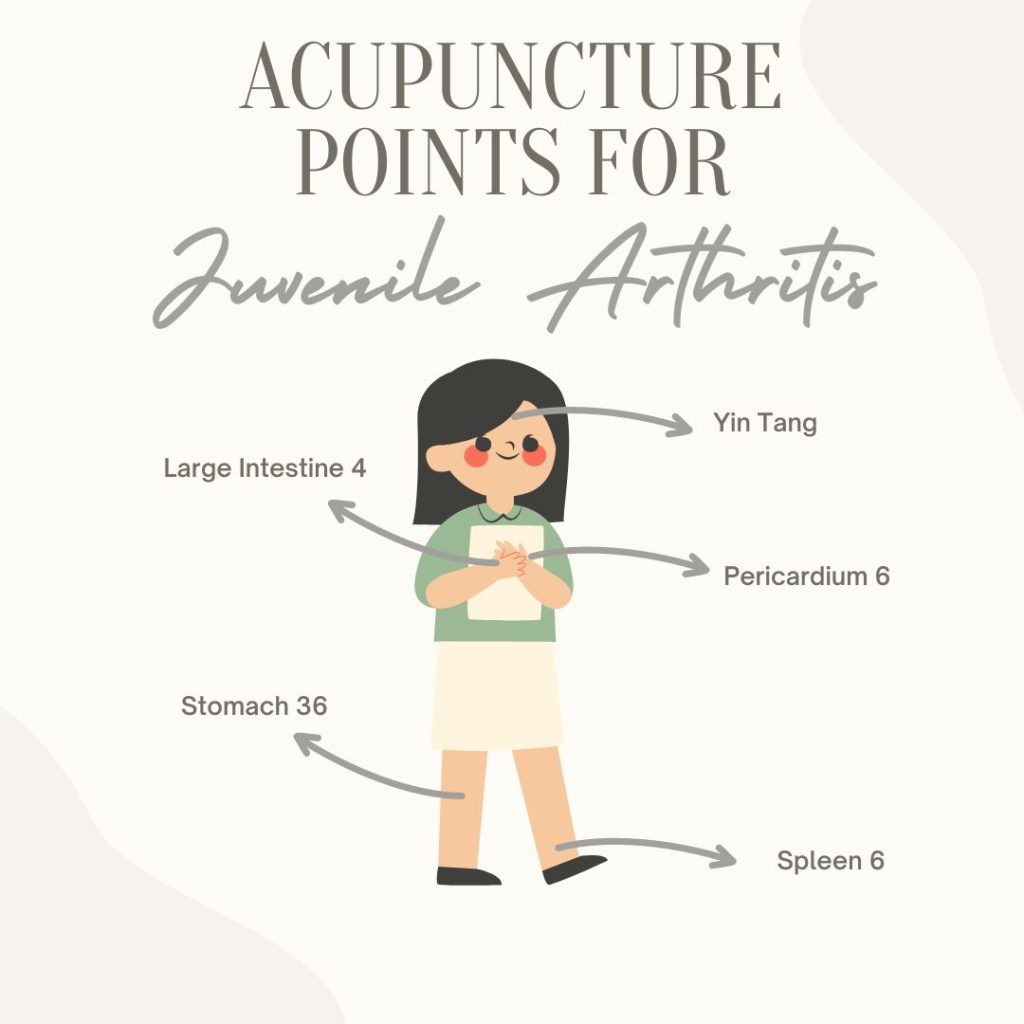- WE MOVED !!!
-
 Professional Acupuncture & Physical Therapy1118 East Superior Street
Professional Acupuncture & Physical Therapy1118 East Superior Street
Duluth, MN 55802(218) 724-3400 Clinic Hours
Mon8:00 am - 4:30 pmTue1:45 pm - 4:30 pmWed8:00 am - 4:30 pmThu8:00 am - 4:30 pmFriCLOSED

- Long Covid Booklet
Traditional Chinese Medicine
Embrace the Joy of Summer
This comprehensive self-care guide tailored for summer covers the seasonal perspective, including the associated color and taste, dietary recommendations, and simple home remedies.
SUMMER HEART
The Heart houses the mind (Shen) and controls the blood vessels. It’s responsible for mental clarity, emotional stability, and sleep quality.
 IN BALANCE:
IN BALANCE:
A balanced Heart results in a joyous disposition, strong spirit, clear mind, and good memory. You’ll feel sociable, content, and connected.
OUT OF BALANCE:
Imbalance can lead to anxiety, insomnia, restlessness, or lack of joy. Physically, you might experience palpitations, shortness of breath, or cold hands and feet.
SUMMER SELF CARE GUIDE
Summer is the season of maximum Yang, where warmth, growth, and activity reach their peak. It’s a time of joy, expansion, and connecting with the abundance of life, reflecting the Fire element in Chinese medicine, which governs the heart and small intestine.
SUMMER COLORS – THE VIBRANCY OF RED:
Red, the color of the Fire element, symbolizes the warmth and joy of summer. Embrace red in your meals, clothing, and surroundings to connect with the season’s vibrant energy.
TASTE OF JOY – THE BITTER FLAVOR:
Bitter flavors can cool the heart and calm the spirit, balancing the intense Yang of summer. Incorporate foods like kale, arugula, and bitter melon into your diet.
TASTE OF RENEWAL – THE SOUR FLAVOR:
Incorporate sour flavors into your diet to support your Liver. A squeeze of lemon in your water, a dash of vinegar in your salad, or other tangy delights can help maintain a healthy Qi flow.
NOURISHING SUMMER FOODS:
 STAY COOL:
STAY COOL:
Enjoy cooling foods like cucumbers, watermelon, and mint to balance the summer heat.
LIGHT MEALS:
Opt for salads, fruits, and light proteins to keep your energy levels balanced and avoid overheating.
HYDRATION IS KEY:
Drink plenty of fluids, especially water and herbal teas, to stay hydrated during the hot summer days.
Which Migraine Are You?
Migraines affect about 10% of people worldwide. Anyone who suffers from migraines can tell you, as far as headaches go, migraines are in a class of their own. In general, migraines tend to be one-sided with severe pain, but what differentiates a migraine from other headaches are the accompanying symptoms that can include visual disturbances, loss of appetite, nausea, vomiting, even temporary paralysis. Western medicine subdivides and categorizes migraines based on symptomatology.
 Traditional Chinese Medicine (TCM) has its own subdivisions for migraines based on etiology and symptomatology. If you are someone that suffers from migraines, can you relate to any of these categories?
Traditional Chinese Medicine (TCM) has its own subdivisions for migraines based on etiology and symptomatology. If you are someone that suffers from migraines, can you relate to any of these categories?
- External Wind
In Chinese Medicine, external wind refers to forces of energy affecting us from the outside of the body and are often related to the invasion of bacteria and viruses when our immune system gets overwhelmed. If you have suffered from migraines triggered by the onset of a cold or flu, then you have experienced a migraine brought on by external wind. Accompanying symptoms can include a stiff neck, body aches, chills, fever, sore throat, congestion, and mild dizziness. - Liver Excess
This is a big category, as liver pathology expresses itself in various ways. The liver in Chinese medicine is a very important organ for its role in keeping qi (energy) flowing smoothly. Blood follows qi, so while blood stagnation is in another category of its own, one of the root imbalances that can lead to that are issues with liver function.Women are 3 times more likely to experience migraines which is thought to be due to hormone fluctuations. The liver also regulates menstruation, according to TCM, so migraines related to cyclical hormone changes will generally fall under this category too.
Migraines related to Liver qi stagnation may come with an expanding/distending feeling and will often be triggered by stress and/or hormonal changes.
There is sometimes heat accumulation in the liver as well. Liver fire-type migraines can be identified by red, burning eyes, and occasionally labored breathing.
When the excess liver energy rises in the body we call it: Liver yang up and you may be dealing with this if you experience dizziness, a bitter taste in the mouth, and find yourself short-tempered with a flushed face. If you have high blood pressure and/or ear ringing that goes along with your migraine, you may fall into this category as well.
Since excess liver energy will often ‘attack’ the digestion, Liver excess-type migraines may also include symptoms like gas, belching and acid reflux.
- Qi and Blood Deficiency
There are many reasons the body can be in a deficient state. Genetic, environmental and lifestyle reasons abound. Simply put though, if your migraines come along with extreme fatigue and exhaustion and possibly a pale complexion, you could fall into this category. - Blood Stagnation
When we think of blood stagnation in Chinese Medicine, the main symptom we think of is pain. These tend to be the most severe migraines. Pain is sharp, in a fixed location, persistent and steady. There may be associated memory loss and palpitations. These are also common with a history of head injury. - Retention of Cold, Damp or Phlegm
Some digestive symptoms were mentioned in relation to liver pathology, but someone who presents with an excess of damp or phlegm may have more extreme digestive issues such as nausea, vomiting, and diarrhea. These may be relieved by warmth if the body is also retaining cold energy. Also, while wind-type and ‘liver yang up’ migraines may be accompanied by some dizziness, with a phlegm buildup in the body it would be more pronounced, along with heavier sensations in the head.
No matter what type of migraine you deal with, acupuncture can help! Get in for a series of treatments that will rebalance these patterns and help keep you migraine-free right in the heart of Duluth. Call us at (218) 724-3400!
Now Providing More Red Light Therapy Options!

Sore muscles? Painful joints? Skin conditions? Hair loss? Brain issues? Memory?
If you’re looking for relief from these symptoms… We can help!
We now have even more Targeted Red Light Therapy options to provide relief from these and other
symptoms.
Red light therapy is a non-invasive, general wellness treatment that uses low wavelength red light.
Red light and near-infrared light therapy can benefit virtually every system of the body and can even improve the way you look.
Treatments typically last about 20 minutes per session. Devices may be placed directly on your body or a few inches away.
Call (218) 724-3400 today to schedule an initial appointment to see if Red Light Therapy may be an option for you.
Acupuncture Helps Control Asthma Better in Children and Adults

For some children with asthma, medication isn’t enough to manage their symptoms. And for others the side effects of conventional treatments are just too much. If you’re looking for alternative therapies then you should know that acupuncture and acupressure can treat your child’s asthma symptoms while healing the underlying root cause.
Acupuncture and acupressure work to treat health conditions by stimulating the body’s innate ability to heal itself. In the case of asthma, acupuncture has a positive effect on two components that contribute to asthma attacks. First, it helps regulate the immune response that triggers inflammation.
Second, preliminary studies suggest that acupuncture reduces the reflexive response that causes airway constriction. A recent nationwide cohort study from Taiwan found that children with asthma receiving acupuncture along with regular medical care had better therapeutic outcomes. The children in the study in this integrative group did not require ER visits or hospitalizations. Researchers concluded that an integrative approach appears to help control asthma symptoms better than a single isolated treatment, thus reducing ER visits and school absenteeism. (1)
Routine Acupuncture Visits Can Help
In our experience, regular acupuncture visits are a key part of a comprehensive treatment plan for asthma. Children with symptoms like cough, wheezing or chest tightness often feel relief within minutes of receiving treatment. And these positive effects are magnified when a child receives consistent & regular acupuncture treatments.
It’s All About The Diet
Dietary and lifestyle changes are a powerful combination and work together to reduce the frequency and severity of asthma overall. Removing foods such as dairy, gluten, and sugar along with food additives, like artificial colors, flavors and preservatives, from your child’s diet can help to reduce inflammation and limit mucus production.
Healing with Herbs
Children with symptoms such as chronic runny nose (rhinitis) or allergies that trigger asthma can also find significant relief with herbal medicine. Chinese herbal remedies are a safe & effective way of managing allergies & asthma – and may have far fewer side effects than conventional medications.
Kids Can Do Nasal Rinsing
The body is all connected so controlling symptoms in the upper airways will ultimately help control symptoms in the lower airways, thus alleviating asthma symptoms. Regular daily nasal rinsing is a great way to help children with a runny nose and allergies control their asthma. Our favorite nasal rinse device is the super user-friendly NasoPure created by Dr. Hana Solomon, M.D.
Acupuncture by Heidi in Duluth MN
The potential for healing with acupuncture is enormous and can be life-changing!
Acupuncture is an extremely safe method of treatment that is well tolerated, even in babies and children. With its ability to address part of the underlying components of asthma, as well as ease symptoms during treatment, it can
be an integral part of any
treatment plan
for asthma.
Juvenile Arthritis Awareness
Every child deserves a pain-free journey, and acupuncture, more than just needles, can illuminate this path towards better health. By learning more about this ancient healing art and busting the myths surrounding it, we uncover the stories of strength and resilience behind every smile, acknowledging the transformative power of acupuncture in providing relief from juvenile arthritis.




